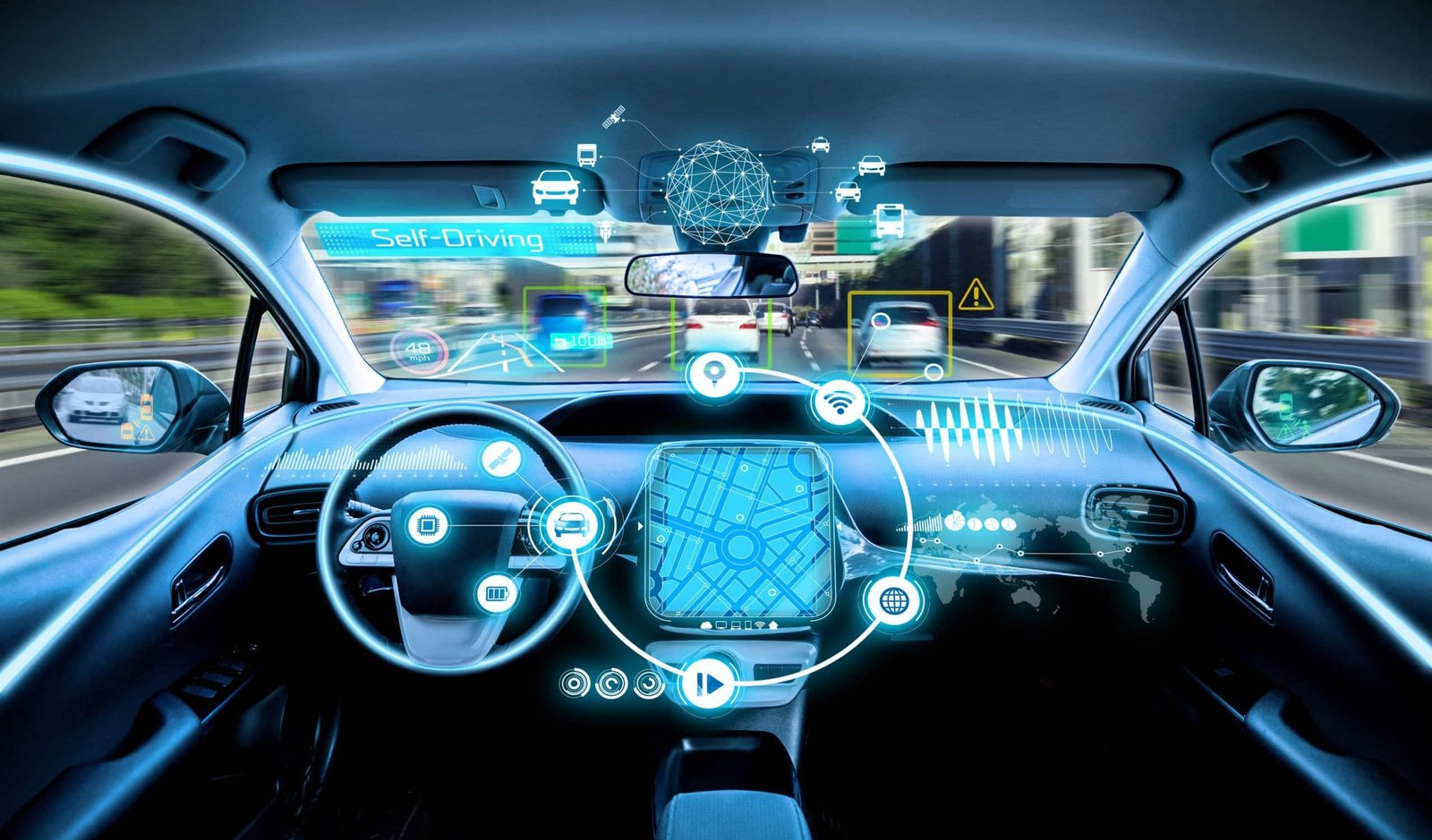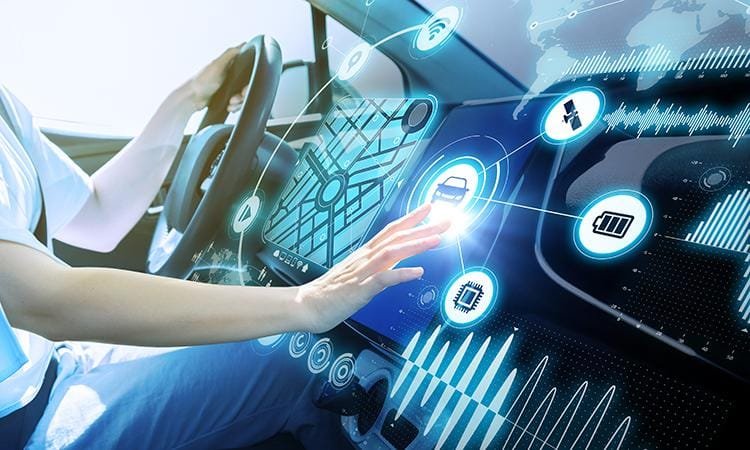Table of Contents
The landscape of automotive technology is shifting dramatically, navigating a path defined by both innovation and sustainability. As we rev into a future shaped by rapid advancements, the cars of tomorrow promise not only to enhance mobility but also to redefine our relationship with transportation. This journey is marked by a blend of electric power, autonomous driving capabilities, and smart connectivity, steering us toward an era where vehicles are as much about functionality as they are about embracing environmental responsibility.
Today’s automotive visionaries are crafting vehicles that do more than just take us from point A to point B. They are reimagining the driving experience through cutting-edge technologies and intelligent designs. As artificial intelligence, advanced materials, and renewable energy sources converge, a new dialogue around safety, efficiency, and user experience emerges. The future isn’t simply coming; it is being engineered, one innovation at a time, promising to take us further than we ever thought possible.
Join us as we explore this exhilarating evolution, highlighting not just the trends driving change but also the challenges that lie ahead. From electric vehicles taking center stage to the intriguing potential of connected infrastructures, the road to tomorrow is filled with exciting possibilities, each ready to transform the automobile into a pivotal player in our daily lives and the broader ecosystem.
The Rise of Electric Mobility and Its Impact on Urban Transport
As cities evolve, the transition towards electric mobility is reshaping urban landscapes. With the proliferation of electric vehicles (EVs), urban transport is becoming not only more sustainable but also more efficient. Chargers are popping up in various locations, encouraging residents to embrace this eco-friendly alternative. The integration of smart charging networks further amplifies this shift, ensuring that cities can handle the rising demand effectively.
The benefits extend beyond reducing emissions. A significant decline in noise pollution and smoother traffic flows are transforming urban commutes. Consider: Electric buses optimally scheduled, e-scooters for last-mile connectivity, and bike-sharing programs set to flourish. Each component plays a pivotal role in creating a cohesive, sustainable transport ecosystem that addresses the needs of modern city dwellers.
| Aspect | Impact |
|---|---|
| Environmental | Reduction in greenhouse gas emissions |
| Economic | Lower transportation costs for consumers |
| Social | Improved public health due to reduced pollutants |

Autonomous Vehicles: Redefining Safety and Convenience on the Roads
As technology advances, autonomous vehicles stand at the forefront, blending safety with convenience. With an array of sensors and intelligent systems, these cars can perceive their surroundings, reducing the risk of accidents significantly. This leap forward ensures that factors such as human error, distractions, and fatigue are addressed, enhancing overall road safety and instilling increased confidence among drivers and pedestrians alike.
The convenience of autonomous vehicles extends beyond safety. Imagine a world where you can enjoy a stress-free journey, where traffic jams become a thing of the past thanks to smart navigation. Car manufacturers are developing systems that not only optimize routes but also allow for seamless integration with public transport, presenting a holistic travel experience. Such advancements could transform daily commutes and long-distance travel into a more enjoyable and productive pastime.

Sustainable Materials in Car Manufacturing: A Greener Tomorrow
As the automotive industry accelerates towards a more eco-conscious future, manufacturers are increasingly turning to sustainable materials to reduce their carbon footprint. By integrating recycled plastics, bamboo, and natural fibers into their designs, automakers are not only addressing environmental concerns but also enhancing vehicle performance. These materials contribute to weight reduction, which improves fuel efficiency and lowers emissions, creating a win-win scenario for both producers and consumers.
Moreover, innovations in bio-based composites and advanced manufacturing techniques are paving the way for a new era of sustainability. This includes the use of mycelium for components and plant-based upholstery, promoting less reliance on traditional petrochemical sources. As these materials become more mainstream, the challenge lies in balancing performance, safety, and sustainability, ensuring that the cars of tomorrow are as safe and reliable as they are green.

Connected Cars: Enhancing User Experience Through Technology Integration
As cars evolve into smart vehicles, technology integration enhances user experience like never before. Connected cars gather real-time data from their environment, ensuring a seamless journey. Through advanced systems, drivers can access vital information on traffic conditions, weather updates, and vehicle performance, making informed decisions easily. This level of connectivity not only improves safety but also personalizes driving experiences, adapting settings such as climate control, seating preferences, and entertainment options to fit individual users.
In addition, the synergy of smart technology with in-car systems creates a more engaging atmosphere. Voice recognition and AI assistants offer hands-free control, allowing drivers to adjust navigation, answer calls, and manage entertainment without distraction. Furthermore, over-the-air updates keep vehicles at the pinnacle of technology, ensuring users benefit from the latest features. As connectivity transcends basic functionalities, it shapes a more intuitive relationship between the driver and the vehicle, paving the way for the future of automotive travel.
Future Outlook
As we steer towards a future teeming with automotive innovation, it’s clear that the road ahead will be paved with transformation. Tomorrow’s cars will not only redefine our driving experience but also redefine our relationship with the environment, technology, and urban living.
Here are a few key takeaways from the evolution of vehicles:
- Electric and Hybrid Technologies: Driving towards sustainability with a reduced carbon footprint.
- Autonomous Features: Enhancing safety through advanced driver-assistance systems.
- Connectivity: Bridging cars with smart infrastructure for seamless integration into daily life.
The coming years promise a thrilling journey as these advancements converge, setting the stage for safer, smarter, and more sustainable transportation. As we embrace these changes, it’s essential to consider how they will impact our world—from energy consumption patterns to urban planning.
In this fast-evolving landscape, drivers and manufacturers alike must remain adaptable and open to the possibilities, ensuring we maximize the benefits of tomorrow’s automotive innovations while addressing the challenges that come with them. The evolution of tomorrow’s cars is more than just a technological shift; it’s a step towards reimagining mobility for generations to come. Buckle up, because the future is just around the corner!



